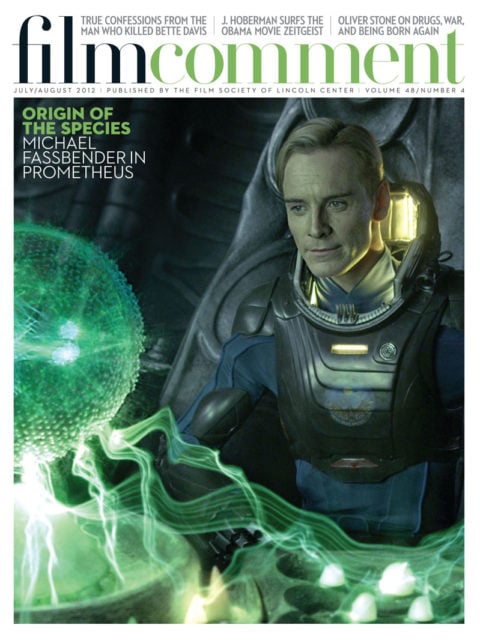
Soul death by a thousand cuts in Our Children comes through brisk ones in the editing room. As teacher-turned-housewife Murielle has four children, one after another, Belgian director Joachim Lafosse makes her interminable days of work and stress palpable through measured means rather than a surging dramatic arc. Giddy young love with her Moroccan husband Mounir (Tahar Rahim) grows into parenthood with its challenges, cushioned at first by the generosity of Mounir’s adoptive Belgian father, Pinget (Niels Arestrup), a wealthy doctor. But day by day, Murielle seems to disappear, even as she becomes the film’s focus.
All three live under the same roof, and in the same relentless soft light, as Lafosse’s study of dysfunction, to orderly Baroque music, skillfully blurs into a portrait of paternalism. Mounir, once adoring, falls fully under Pinget’s authoritative sway; when Murielle’s once-feisty sister is married to Mounir’s brother in a visa-for-cash deal, the arrangement is an uncomfortable foil for Murielle’s receding autonomy. (Moroccan mores and Mounir’s sketchy history with Pinget are deployed suggestively in the background.) Eventually, Murielle, played by Émilie Dequenne (star of Rosetta), is sent to a psychologist, not that Pinget considers her state as anything more than a nuisance (“Three children and you want free time, too?”).
What’s new in all this? There’s also the matter of four dead children: the film opens with Murielle in a hospital bed, asking that they be buried in Morocco. Suffice to say that pathos is intertwined with pathology in Lafosse’s fifth feature, inspired by a true story—but Murielle’s decline isn’t any less full of tough home truths.








